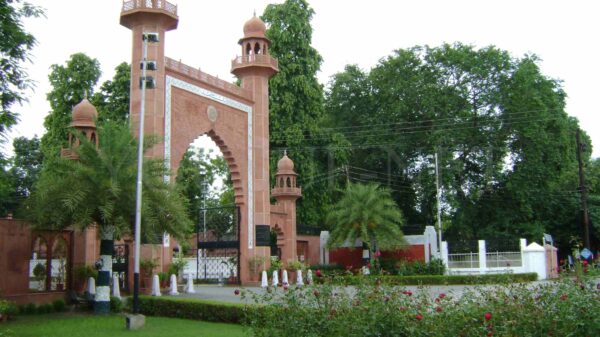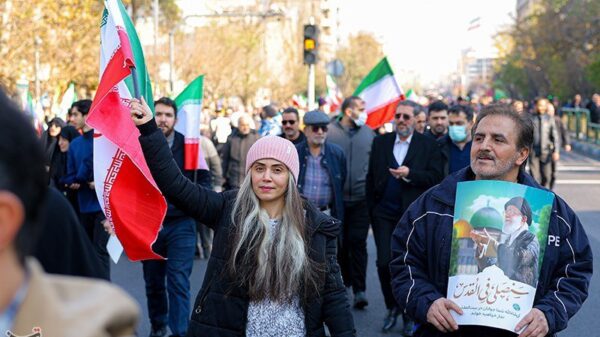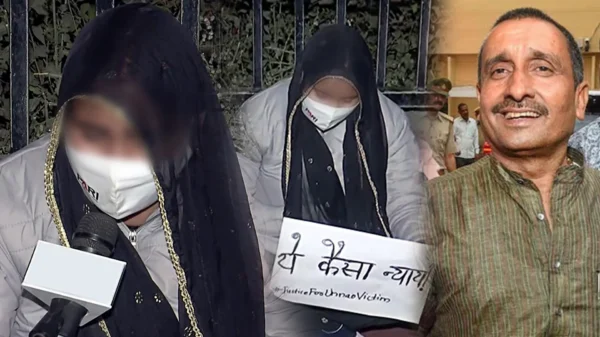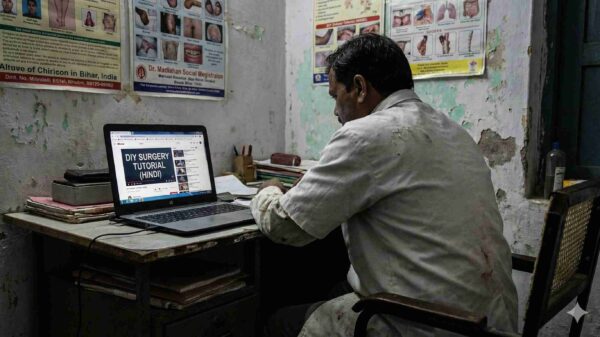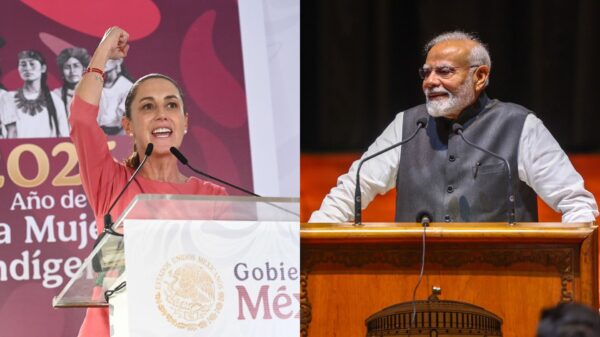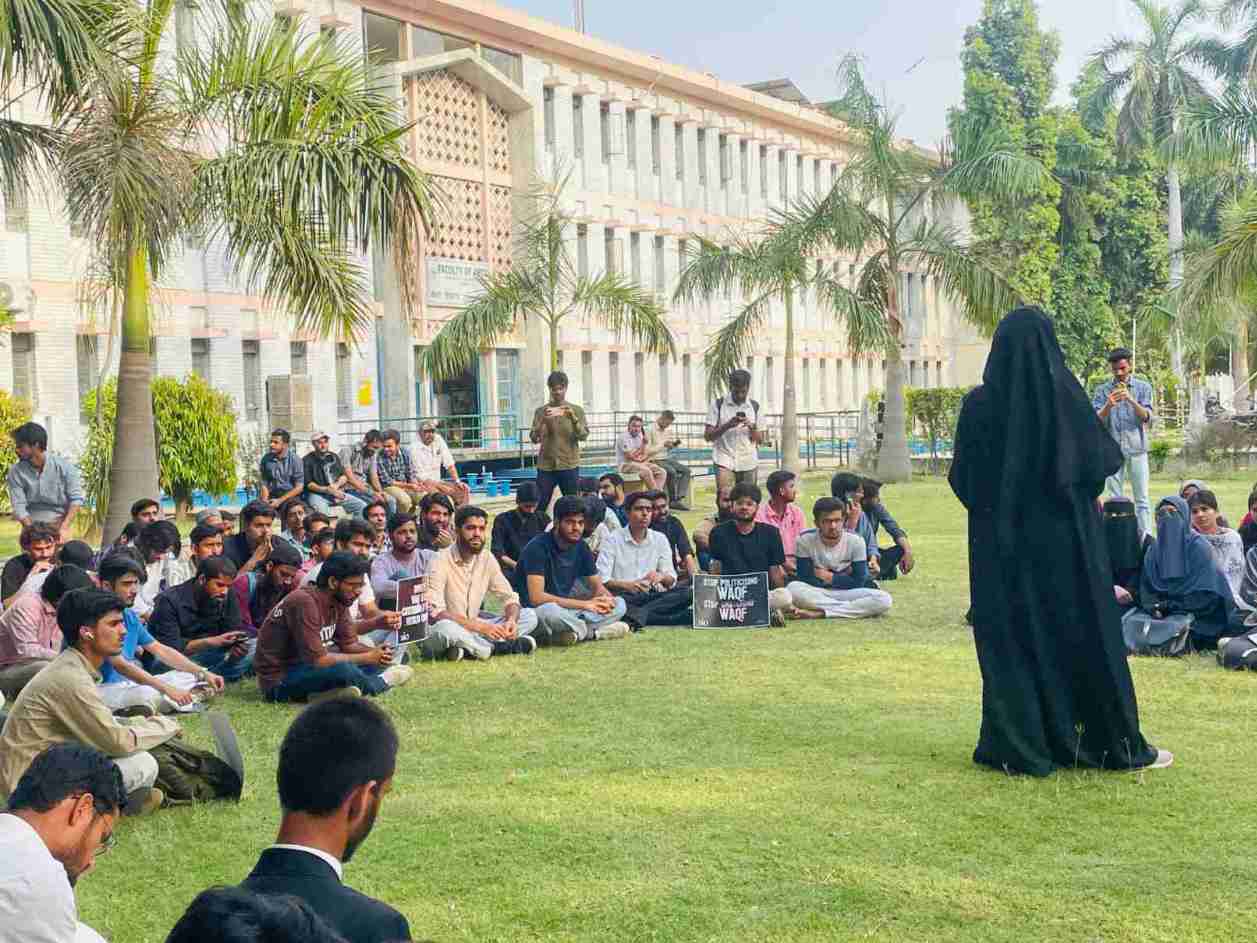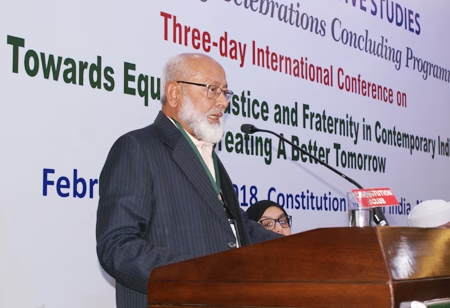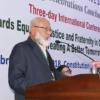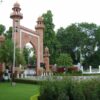Nashra Naim
At Aligarh Muslim University (AMU), students from academic groups including the Al-Qalam Reading Society, Malcolm X Study Circle, Al Fihriya Study Circle, and The Aligarh Dialogue came together to critically examine the Waqf Amendment Act, 2025. Framed as part of a broader campaign to promote legal literacy, historical awareness, and community preparedness, the discussion reflected concern over the evolving state policy on religious endowments.
The session began by reimagining the Muslim individual—not merely as a passive citizen within a legal structure, but as a moral and active agent shaped by the Islamic ethos of justice, equity, and collective well-being. Central to this ethos is waqf—the Islamic tradition of permanently dedicating property for religious or charitable purposes.
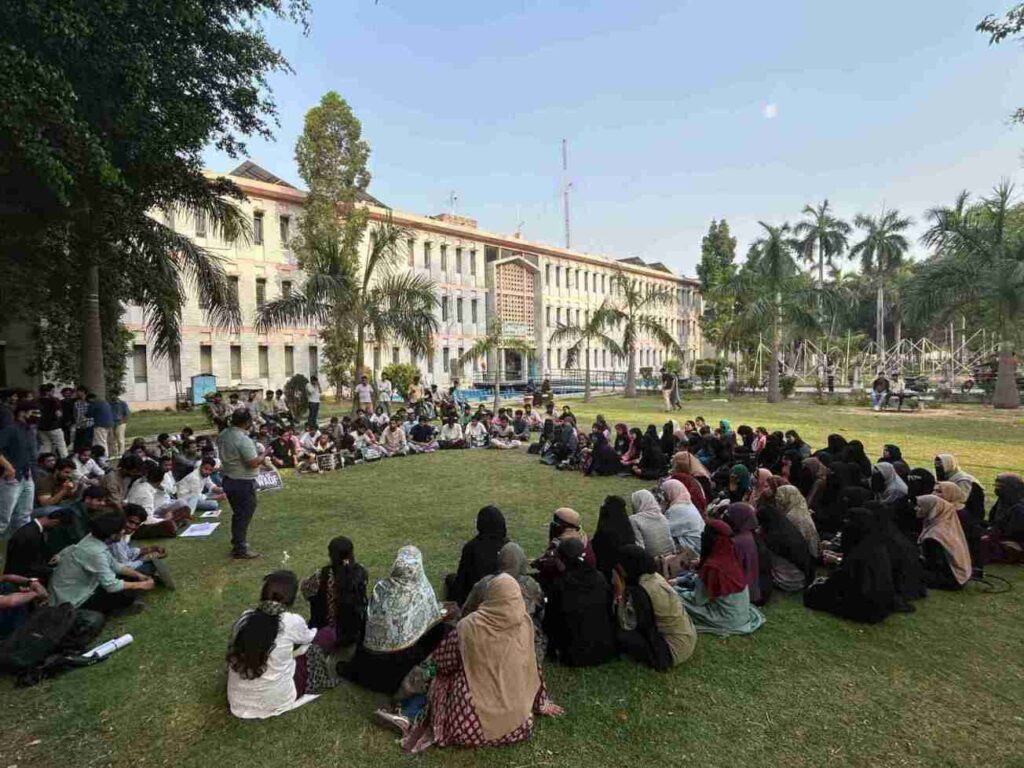
Under Islamic law, a waqf is an irrevocable, voluntary donation of property—meant to serve educational, religious, or public welfare goals. Once made, the property no longer belongs to the donor but exists in perpetuity for communal benefit, managed by a mutawalli (caretaker). Historically, waqf supported mosques, madrasas, hospitals, shelters, graveyards, and more—functioning as an alternate welfare mechanism, independent of the state.
“From the Prophet’s time to pre-colonial India, waqf thrived under Islamic legal frameworks,” one student noted. “But colonial restructuring stripped it of autonomy and spiritual integrity.”
The 1995 Waqf Act attempted to streamline governance, but systemic flaws persisted. The Sachar Committee had also flagged the marginalization of waqf in state policy and the exclusion of women from decision-making roles in waqf boards.
Now, with the Waqf Amendment Act 2025, students fear further erosion.
‘Concerns Over Privatization and Encroachment‘
The amendments, many said, risk facilitating privatization and government encroachment. “This is not just about land—it’s about the dismantling of a historic institution that has served generations of the marginalized,” said a participant.
Citing specific cases, a student said, “In Bhopal, we once had 140 Muslim cemeteries. Only 40 remain today. With these amendments, will any waqf land be left at all?”
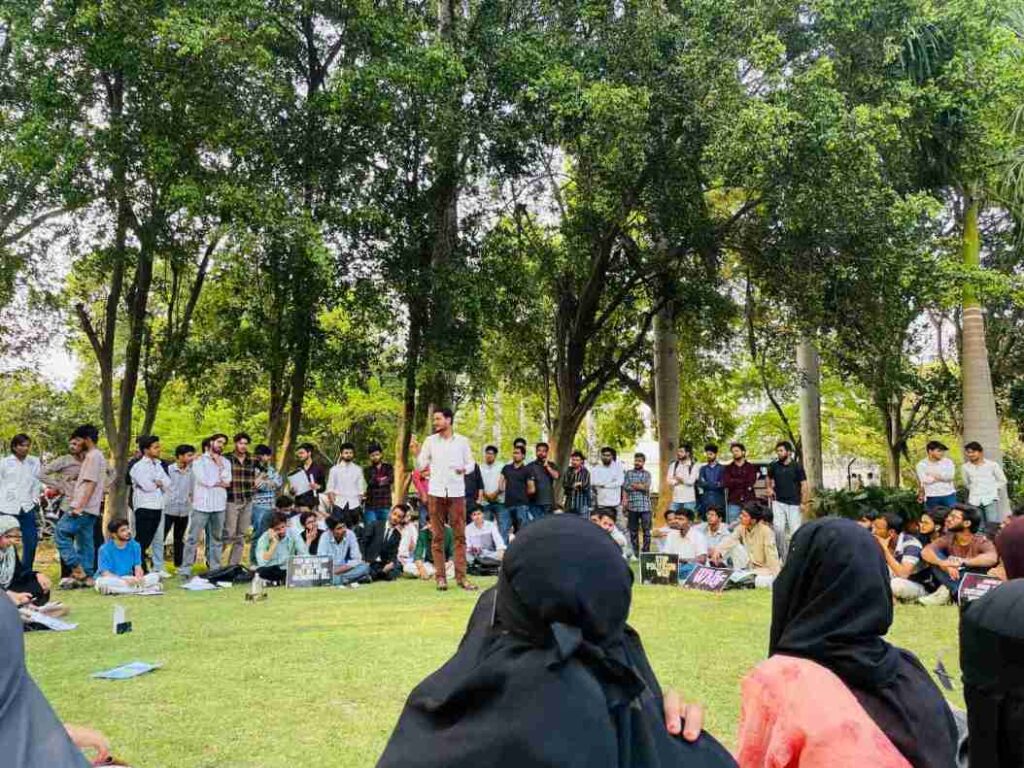
Another questioned the narrative that waqf is disproportionately large and misused.
“It’s a myth that waqf is the third-largest landholder in India. Hindu religious endowments in just six states—UP, Bihar, Bengal, Maharashtra, Jharkhand, and Assam—own over 10 lakh acres. Yet, waqf faces far more scrutiny. Why?”
Students pointed out this selective lens as evidence of socio-political bias—where Muslim institutions are routinely treated with suspicion, while others escape similar examination.
‘Safeguarding a Fragile Welfare Network‘
Participants said that waqf properties remain vital public assets. Many fund schools, colleges, hospitals, vocational centres, and shelters—spaces often filling the void left by state welfare programs. Weakening legal protections, they argued, would expose these assets to market forces and administrative apathy, further marginalizing a vulnerable community.
“This isn’t a rejection of reform,” one student said, “it’s a rejection of dispossession.”
‘Constitutional Promises and Political Agency‘
As the discussion progressed, students explored the constitutional implications of the amendment. “The Constitution guarantees minority rights. But those guarantees are now being repurposed as tools of restriction,” a participant reflected.
Another added, “Our faith in the Constitution should be measured by how well it preserves the community—not just on paper, but in practice.”
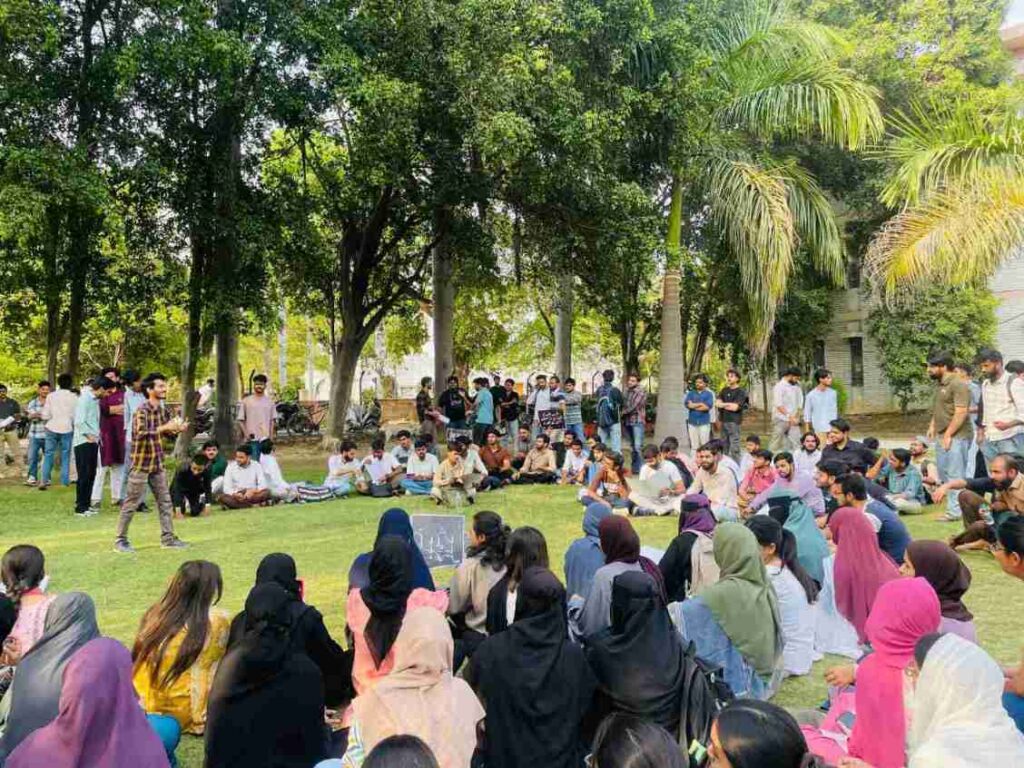
The debate touched on legal consciousness, political literacy, and the need for agency. “People must understand the difference between the consent to rule and the consent to be ruled. That clarity is the first step to reclaiming our space,” a student argued.
The session ended with a collective affirmation: the future of waqf is not just a legal issue, but a moral and political one. Students called for a revival of Islamic ethical traditions alongside robust legal engagement.
Their final message was unambiguous: “Waqf is not a relic. It is a living institution, tied to our dignity, our history, and our collective future.”










